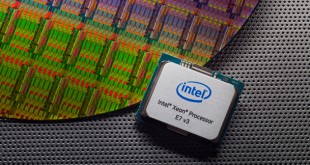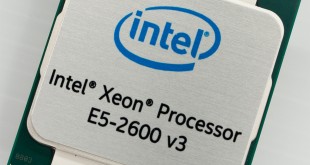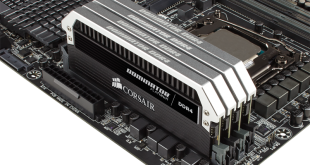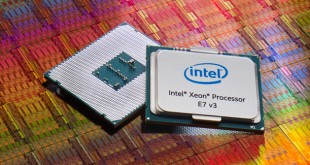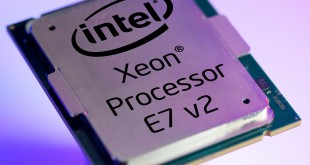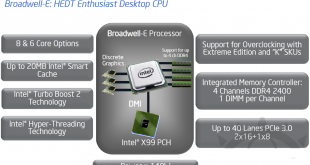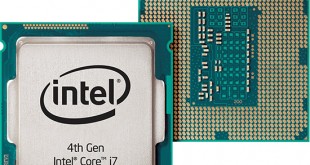Intel Corp. has slightly re-scheduled release dates for its upcoming Xeon E5 v4 and Xeon E7 v4 central processing units for servers. Instead of late 2015, the world’s largest maker of microprocessors will launch its new server CPUs in the first half of 2016. The reasons for the delay are …
Read More »Intel to release 22-core Xeon E5 v4 “Broadwell-EP” late in 2015
Intel Corp. this week reaffirmed plans to release the next generation of its multi-core Xeon E5 v4 central processing units code-named “Broadwell-EP”, which were rumoured to be cancelled earlier this year. The new chips will emerge later this year, they will increase core-count, memory bandwidth and will also feature micro-architecture-level improvements. …
Read More »Intel: DDR4 will dominate PCs and servers next year
Development of DDR4 dynamic random access memory took a long time. However, adoption of the new DRAM will be rather quick. Already next year the majority of servers and personal computers will rely on DDR4. The DDR4 memory standard is currently supported by Intel Corp.’s server platforms as well as …
Read More »Intel to integrate programmable components into standard Xeon processors
Intel Corp. has announced plans to integrate programmable logic from eASIC into its future standard Xeon processors. Programmable logic will allow big server customers to add their own features into Xeon central processing units in order to speed up security, big data and other applications. In a bid to offer …
Read More »Intel: First full-custom Xeon CPUs are due next year
The needs of modern cloud datacenters require developers of microprocessors to implement certain custom functionality into their products. As reported, Intel Corp. has incorporated multiple special-purpose technologies into its latest Xeon platform and offers optimized versions of CPUs to select customers. However, the company still does not offer chips that …
Read More »Intel: Half of Xeon chips for cloud datacenters will be custom in 2015
It is a well-known fact that owners of large datacenters, such as Amazon Web Services, Microsoft Corp. and other, have very diverse requirements for servers and microprocessors inside their servers. In the recent years both Intel Corp. and AMD offered custom central processing units to large clients in order to …
Read More »Intel delays Broadwell-E processor for high-end desktops to 2016
Intel Corp. has decided to delay mass production of its next-generation code-named “Broadwell-E” microprocessor to the first quarter of 2016. Exact reasons for the decision are unclear, but probably the issues with the company's 14nm process technology as well as the lack of competition on the market of ultra-high-end desktop platforms …
Read More »Intel finds erratum in Haswell and Broadwell chips, disables TSX instructions
One of the features of Intel Corp.’s Haswell micro-architecture (and Broadwell micro-architecture) were transactional synchronization extensions (TSX), which could significantly boost performance in multi-threaded applications that take advantage of them. As it appears, usage of the technology leads to unpredictable PC behaviour due to an erratum. As a result, Intel …
Read More » KitGuru KitGuru.net – Tech News | Hardware News | Hardware Reviews | IOS | Mobile | Gaming | Graphics Cards
KitGuru KitGuru.net – Tech News | Hardware News | Hardware Reviews | IOS | Mobile | Gaming | Graphics Cards


